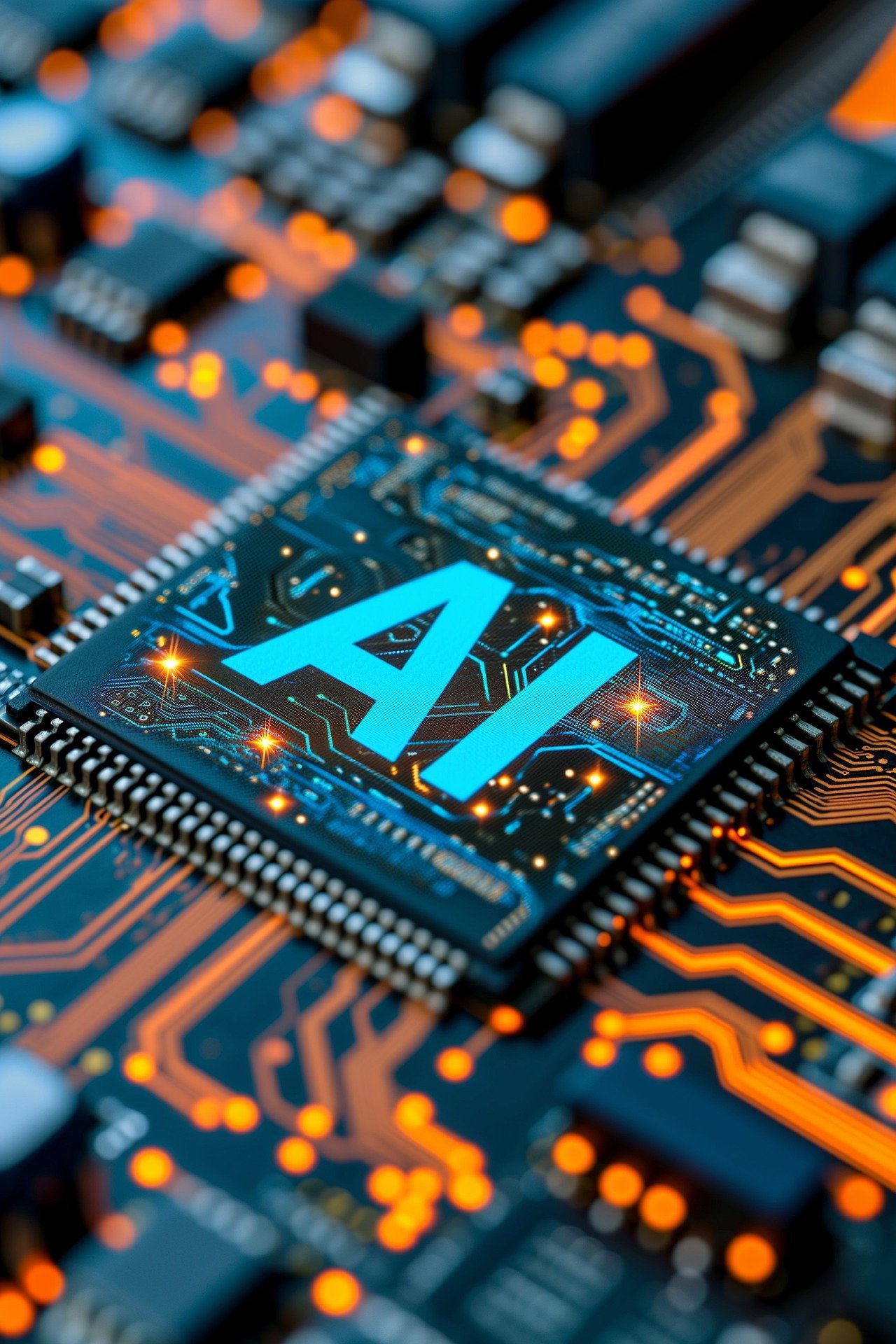Generative AI, once a niche technology, has rapidly become a transformative force across industries. From creating hyper-realistic art to automating complex problem-solving tasks, its influence is both profound and accelerating. As we look ahead to the next 5–10 years, the trajectory of generative AI promises even greater innovation and disruption. Here’s a professional exploration of where this groundbreaking technology might take us.
1. Personalized AI Companions: The Era of Hyper-Personalization
One of the most anticipated advancements in generative AI is the development of highly personalized AI companions. These AI systems will not just respond to queries but will evolve alongside individuals, learning their preferences, habits, and emotional nuances.
- Applications: Virtual therapists, personalized education tutors, and lifelong career coaches.
- Challenges: Balancing user data privacy with the need for deep personalization, and avoiding over-reliance on AI for emotional or decision-making support.
2. Democratization of Creativity
Generative AI will continue to empower creators by providing tools that lower barriers to entry in fields such as music, filmmaking, and game design. Non-technical users will wield AI to produce professional-grade outputs, fostering a surge in independent and small-scale productions.
- Examples of Impact:
- AI tools enabling musicians to compose and produce without expensive studio equipment.
- Independent filmmakers creating blockbuster-quality special effects on minimal budgets.
- Implications: The traditional gatekeepers of creative industries may struggle to maintain relevance as content creation becomes decentralized.
3. AI-Augmented Science and Innovation
Generative AI’s ability to simulate, predict, and model complex systems will revolutionize fields such as healthcare, materials science, and climate modeling.
- Key Developments:
- AI-driven drug discovery, with reduced timelines from years to months.
- Development of sustainable materials through generative chemistry simulations.
- Improved climate predictions and innovative solutions for mitigating global warming.
- Ethical Considerations: Ensuring AI-generated innovations benefit humanity equitably, without exacerbating existing inequalities.
4. Real-Time Content Generation for Immersive Experiences
The future of entertainment and gaming will be defined by real-time, AI-generated content. Imagine games that create dynamic storylines tailored to each player’s actions, or virtual reality worlds that adapt to your mood and preferences.
- Key Technologies:
- Procedural content generation combined with natural language processing.
- AI avatars that interact with players as convincingly as human actors.
- Economic Impact: A massive shift in how entertainment is produced, potentially reducing costs and increasing accessibility.
5. Enhanced Collaboration Between Humans and AI
The next decade will refine the way humans and AI collaborate, moving from transactional interactions to true partnerships. Generative AI will serve as co-creators, enhancing human skills rather than replacing them.
- Industries Transformed:
- Journalism: AI assists in fact-checking, translation, and even co-writing articles.
- Architecture: AI-generated designs inspire human architects, accelerating project timelines.
- Education: Teachers use AI to design personalized learning experiences.
- Risk Management: Avoiding over-reliance on AI to maintain human agency and critical thinking.
6. Advanced Ethical and Regulatory Frameworks
As generative AI matures, governments and institutions will face increasing pressure to establish comprehensive regulations. These frameworks will address issues such as bias, misuse, and intellectual property rights.
- Likely Developments:
- International treaties governing the ethical use of generative AI.
- AI transparency standards, ensuring outputs can be traced back to their algorithms.
- Legal systems adapting to account for AI’s role in copyright and authorship disputes.
- Long-Term Vision: Creating a balanced environment where innovation thrives without compromising ethical standards.
7. The Convergence of Generative AI and General AI
In the long run, generative AI may evolve into a critical component of artificial general intelligence (AGI). While still speculative, this convergence could lead to systems capable of reasoning, problem-solving, and creativity at a human-like level.
- Potential Outcomes:
- AGI systems that autonomously generate scientific theories or philosophical insights.
- Multi-domain expertise, where AI seamlessly transitions between tasks without specialized training.
- Risks: Managing the existential and ethical challenges of creating systems with human-level intelligence.
Conclusion: A Transformative Decade Ahead
Generative AI is poised to reshape the technological, social, and economic landscapes in profound ways over the next decade. Its potential to augment human creativity, drive scientific breakthroughs, and personalize experiences is unparalleled. However, with great power comes great responsibility. Balancing innovation with ethical considerations will be paramount to ensuring that generative AI serves as a tool for collective progress, not a source of division or harm.
The next 5–10 years will determine whether we fully harness the transformative potential of generative AI—and how we navigate its challenges will shape the future of humanity itself.
